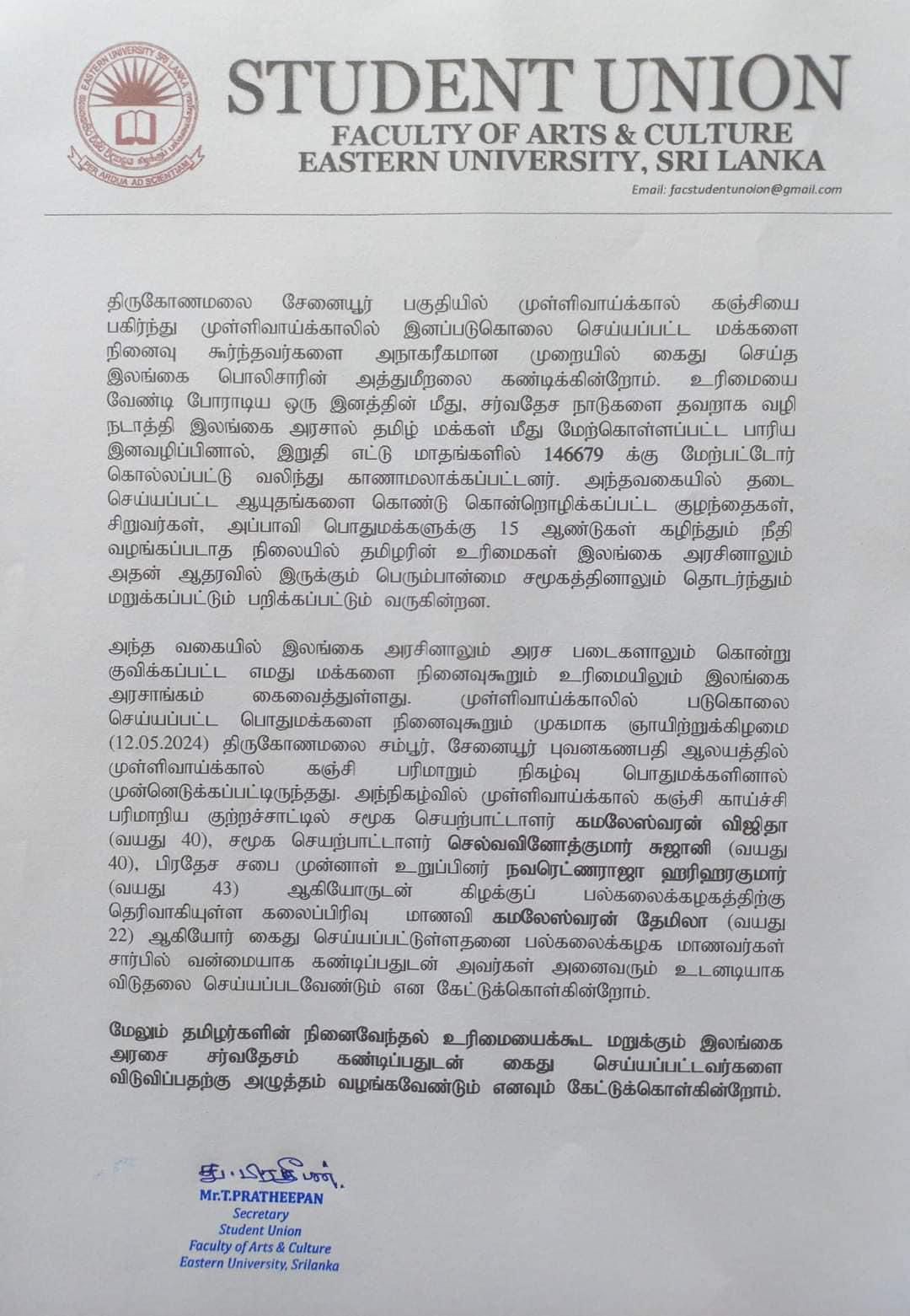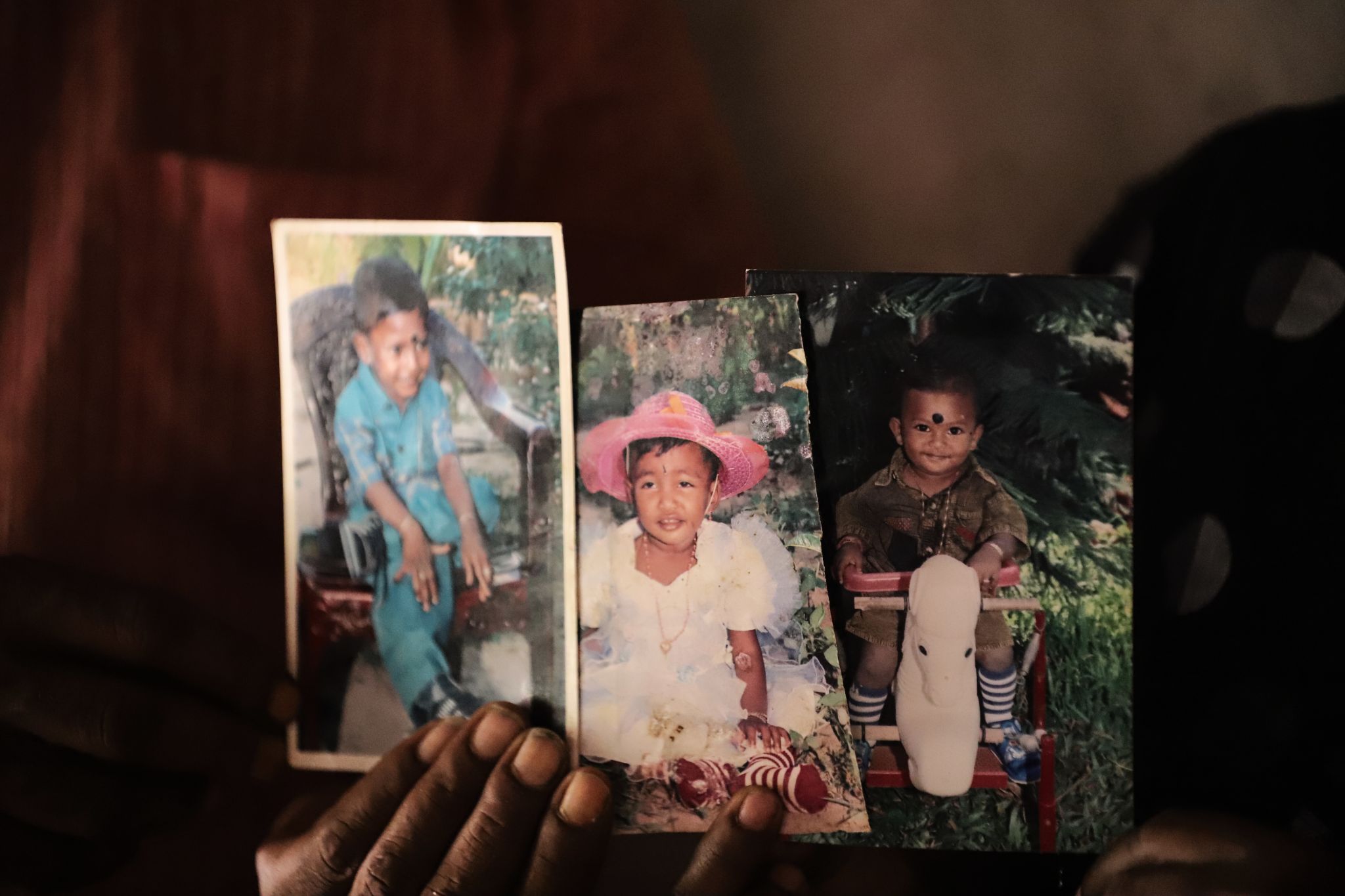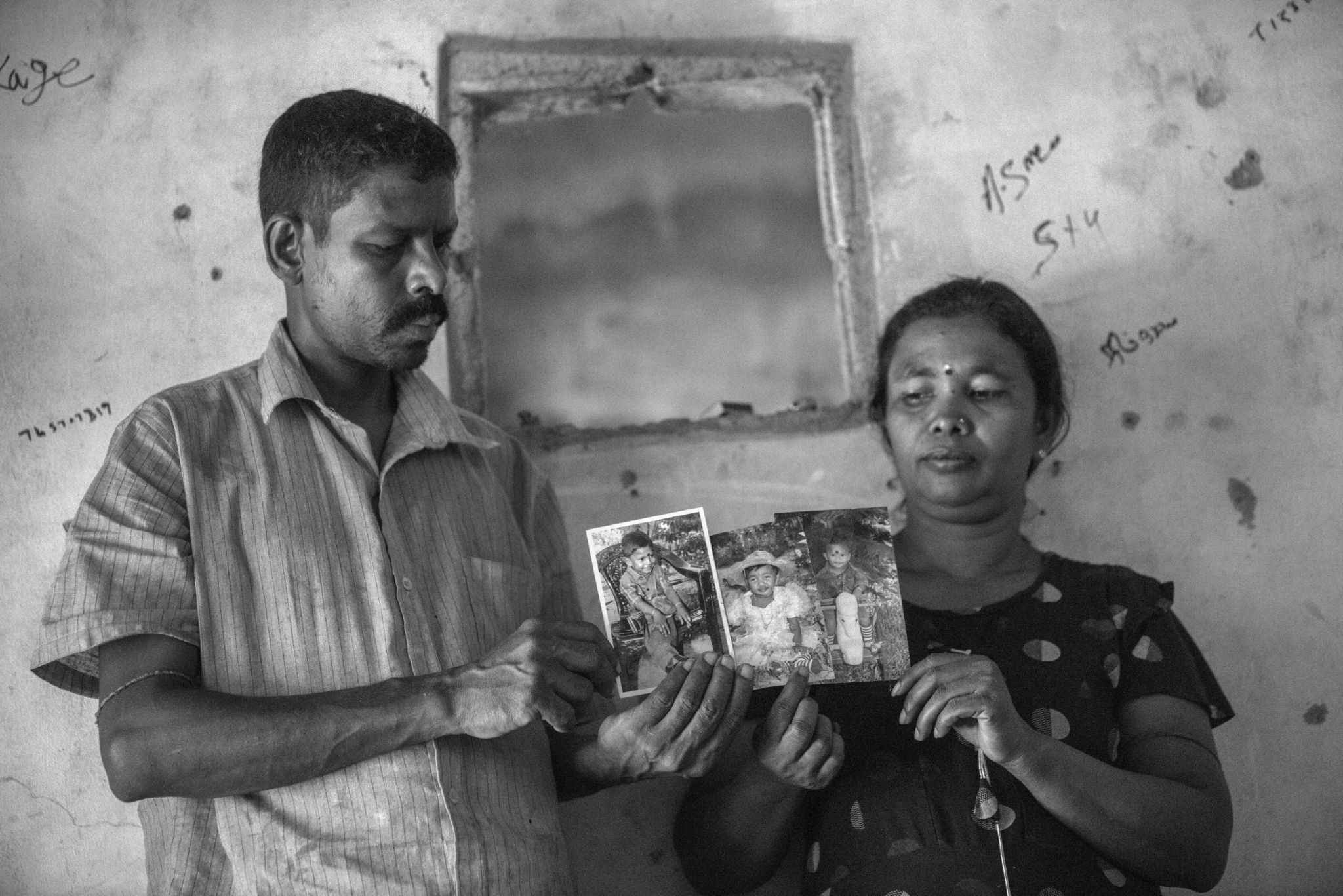This week marks the 76th anniversary of the Nakba, when over 700,000 Palestinians were made refugees after they were expelled from their land by armed Israeli settlers. Fifteen years ago, Sri Lanka’s genocide led to the total military occupation of the North-East and an expanding programme of Sinhala settlements.
Week after week, I join millions in demanding a ceasefire in Gaza because I come from a long tradition of Eelam Tamils who oppose the occupation of Palestine. We see direct parallels with the Tamil liberation struggle in the Palestinian liberation struggle. Both are rooted in a history that resists settler colonialism, occupation, and genocide.
And, we remember the Tamil genocide as we bear witness to the genocide unfolding in Gaza.
Israel and Sri Lanka have established a decades-long relationship. In the 1970s, Israeli generals advised Sri Lanka to establish settlements for the Sinhala community to disrupt the territorial contiguity of the Tamil homeland in the North-East. Later, during the 1980s, Israel offered advice on counter-insurgency policies while supplying arms, naval gunboats, and fighter jets.
Today, in turn, the genocide we endured in Vanni paves the way for Israel’s genocide in Gaza.
After the 2009 genocide, Thailand, Pakistan, Myanmar, and Israel approached the Sri Lankan armed forces for military training.
Of course, Sri Lanka’s military strategy is unexceptional. It remains consistent with the tactics deployed during the American War on Vietnam to quell the Viet Cong and the British War on Kenya to suppress the Mau Mau rebellion. But, in the 21st century, Sri Lanka established a precedent where the entire arsenal of state violence could be unleashed on civilians—unimpeded by political negotiations or the safeguards of International Law.
On May 19, 2009, Mahinda Rajapaksa asserted, “Today we have been able to liberate the country from the clutches of the LTTE…..We have set a fine example for the entire world.”
As mass graves are unearthed after the Israeli withdrawal from al-Shifa Hospital, I remember Sri Lanka’s repeated attacks on hospitals. In 2009, Red Cross staff would send the coordinates of hospitals in the war zone to the Sri Lankan government. The hospitals would be obliterated, sometimes within a day after the armed forces learned the location.
The killing of Tamil, Sinhala and Muslim journalists by Sri Lanka was designed to repress any coverage of the military’s conduct in the North-East, just as the deliberate targeting of journalists by Israel is intended to repress coverage of the occupation’s crimes in Gaza.
As the Sri Lankan military confined Tamil civilians to smaller areas of land, the government warned media like BBC and al-Jazeera, that they would be expelled from the country if their reporting was deemed sympathetic to the Tamil resistance.
Israel borrows the strategy of declaring “safe zones” from Sri Lanka, too. Just as Israeli occupation forces displaced Gazans several times—from Gaza City to Khan Younis and now Rafah—Sri Lanka forced Tamils into smaller areas of land only to bomb those same areas where the government promised refuge.
Bodies lined the roads like tombstones as Sri Lanka pushed Tamil civilians from one supposed safe zone into another.
From late January to May 2009, three separate safe zones were declared. All three were carpet-bombed. By May 2009, tens of thousands of Tamil civilians were trapped in less than a square mile of land as Sri Lanka attacked the beaches of Mullivaikkal from the ground and sky.
After Israel ordered 1.3 million civilians—already displaced multiple times over the last seven months—to seek refuge inside a safe zone in Rafah, Palestinians are now ordered to move from the eastern parts of Rafah to the al-Mawasi coastal areas. I fear for their safety as I remember the atrocities committed in Mullivaikkal.
Fifteen years have passed since the genocide, but the pain is still raw for our community. Many in Eelam still search for their lost sons and daughters, just as the people of Gaza search for their children under the rubble. As we march the streets worldwide, protesting apartheid, occupation, and genocide, we see not only our suffering but our resistance, too, reflected in the struggle of our Palestinian siblings.
Krisna Saravanamuttu is a writer and community organiser. He is a criminal defence lawyer at Rudnicki and Company in Toronto, Canada.


.jpg)
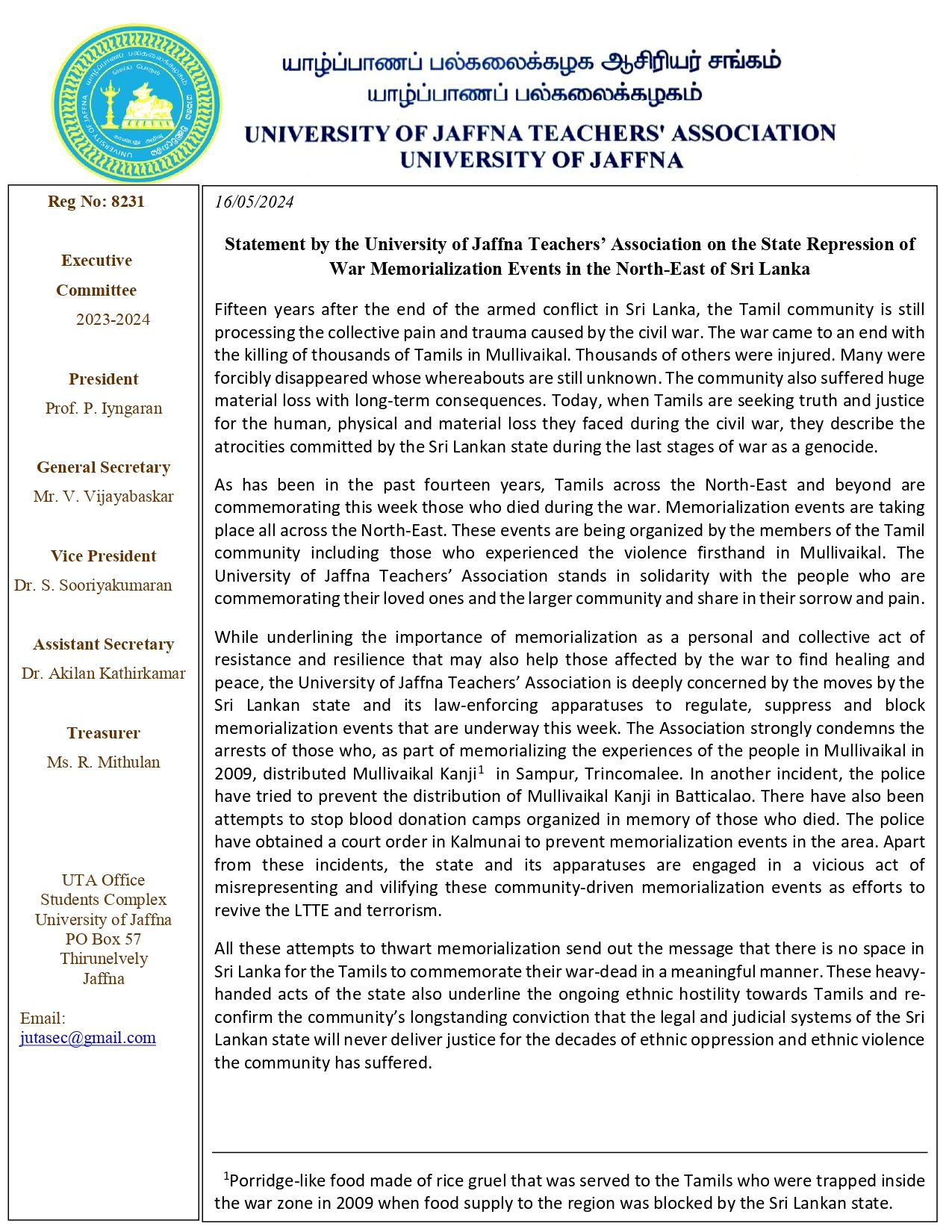
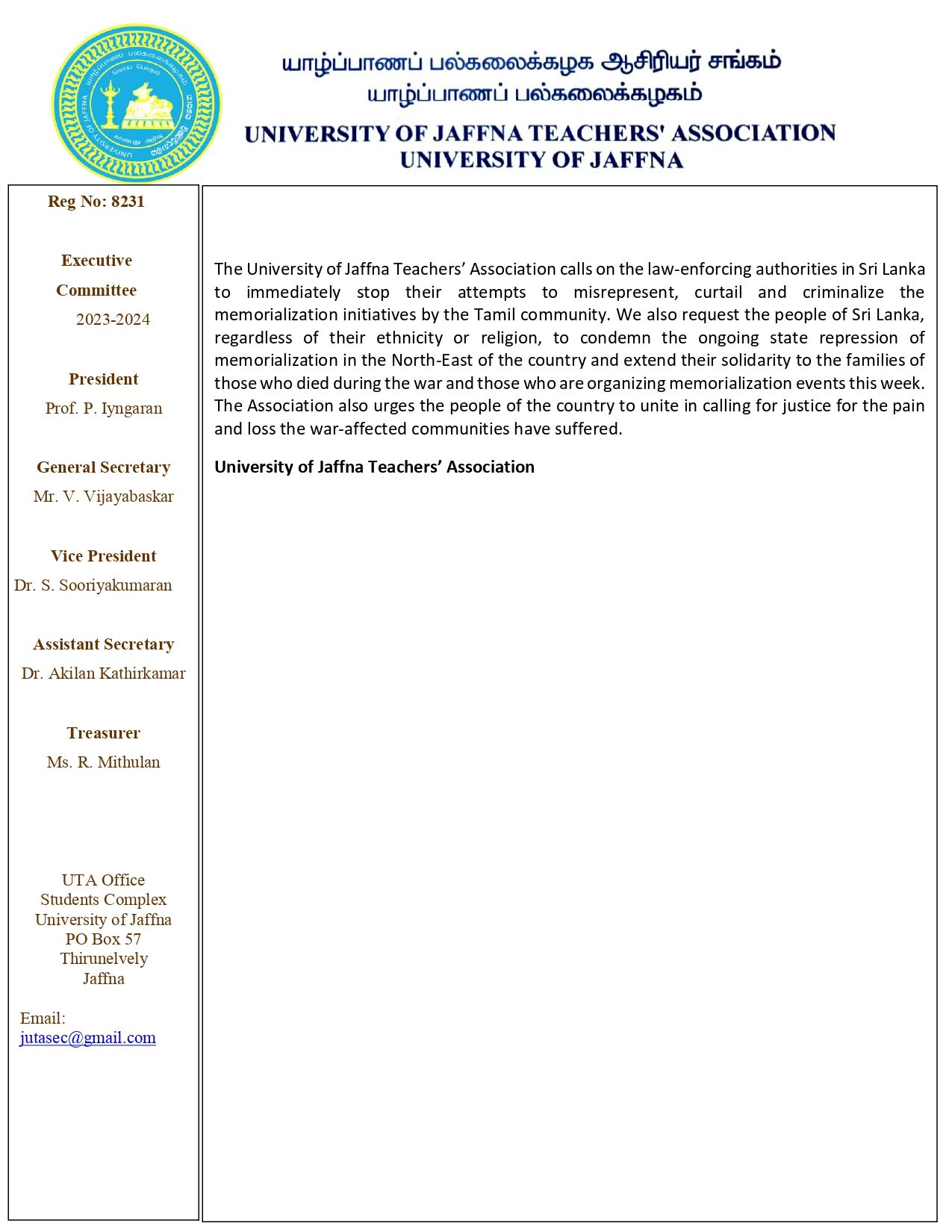

.jpg)
.jpg)
.jpg)
.jpg)
.jpg)
.jpg)
.jpg)
.jpg)
.jpg)
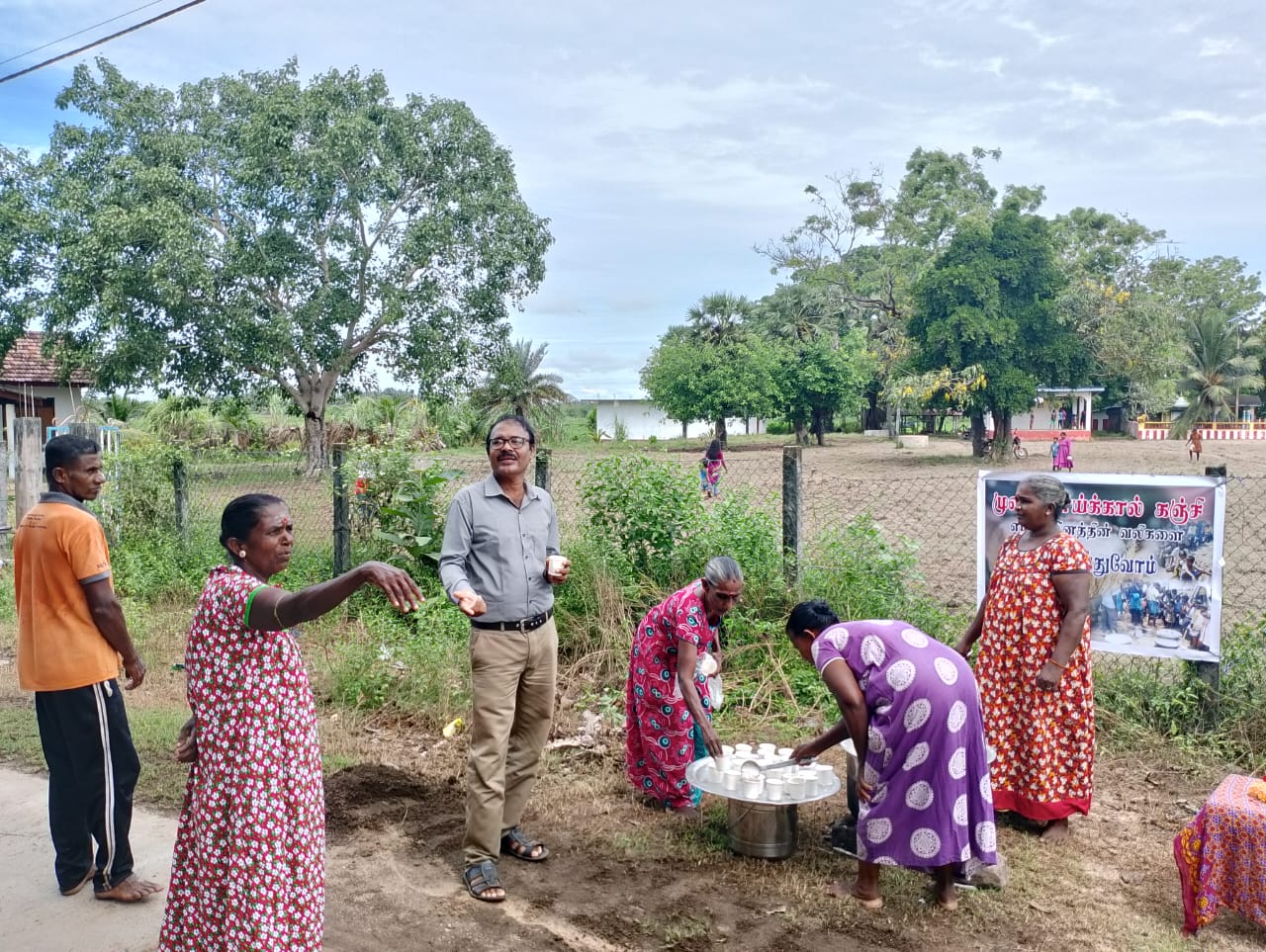

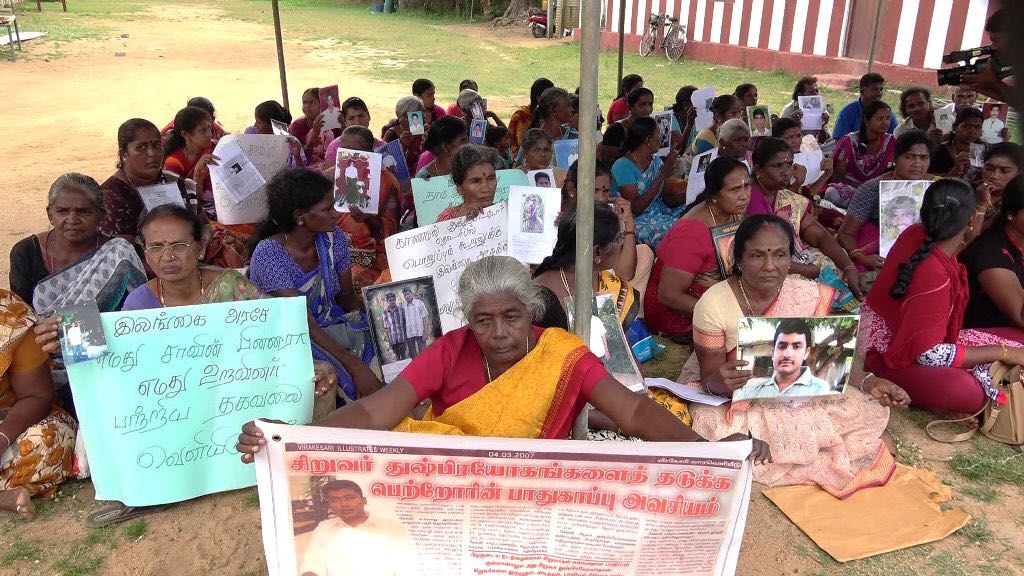

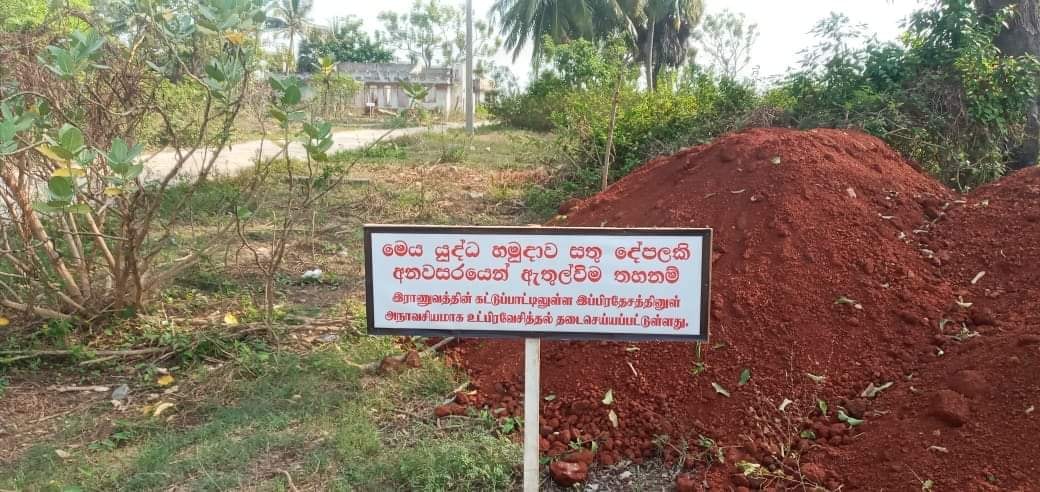

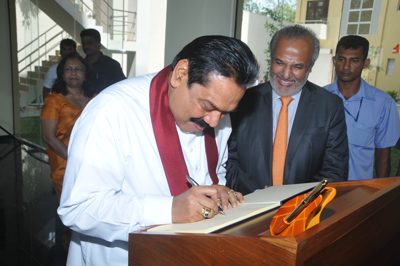

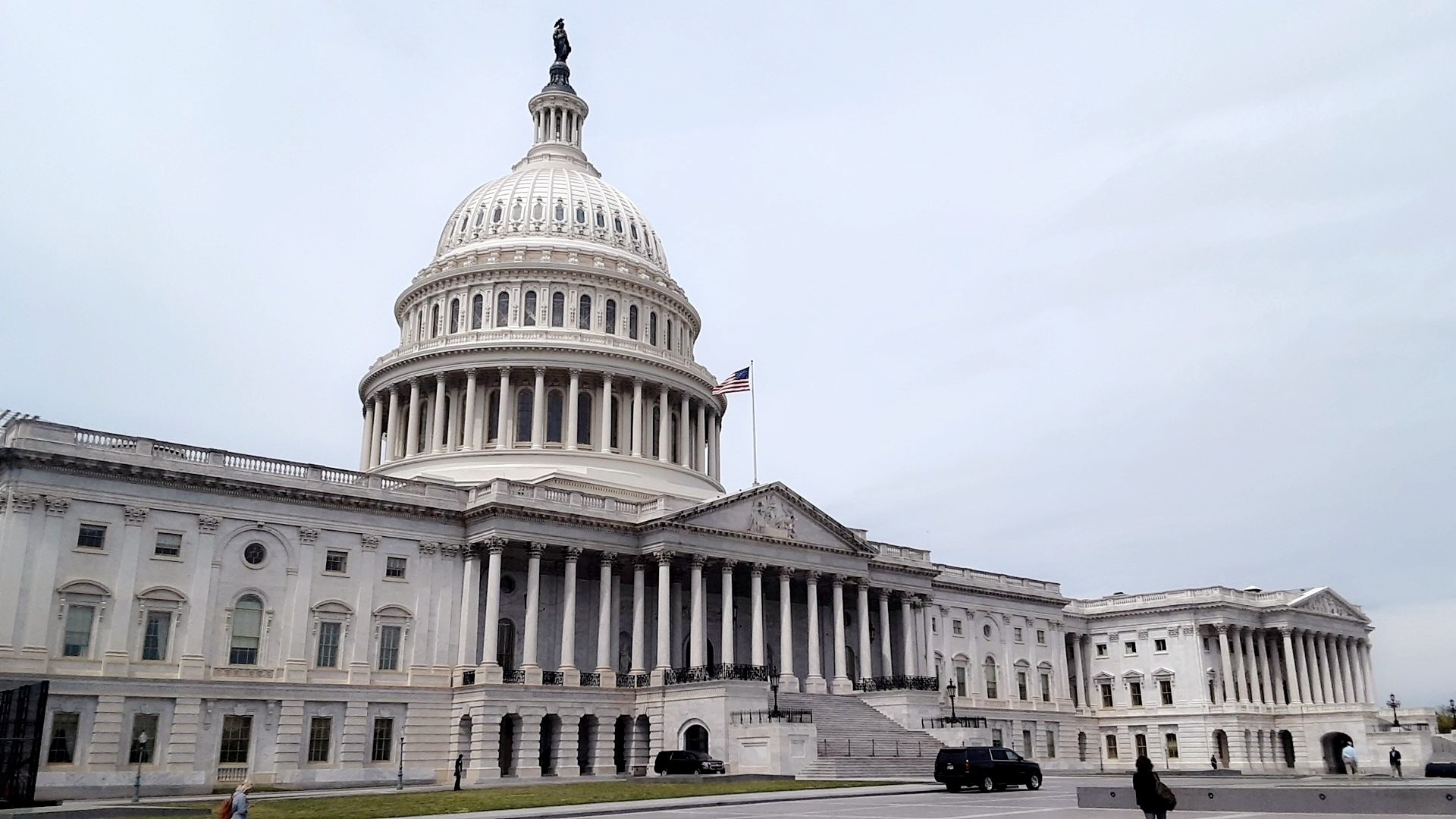

.jpeg)
.jpeg)
.jpeg)
.jpeg)
.jpeg)
.jpg)
.jpg)
.jpg)
.jpg)
.jpg)
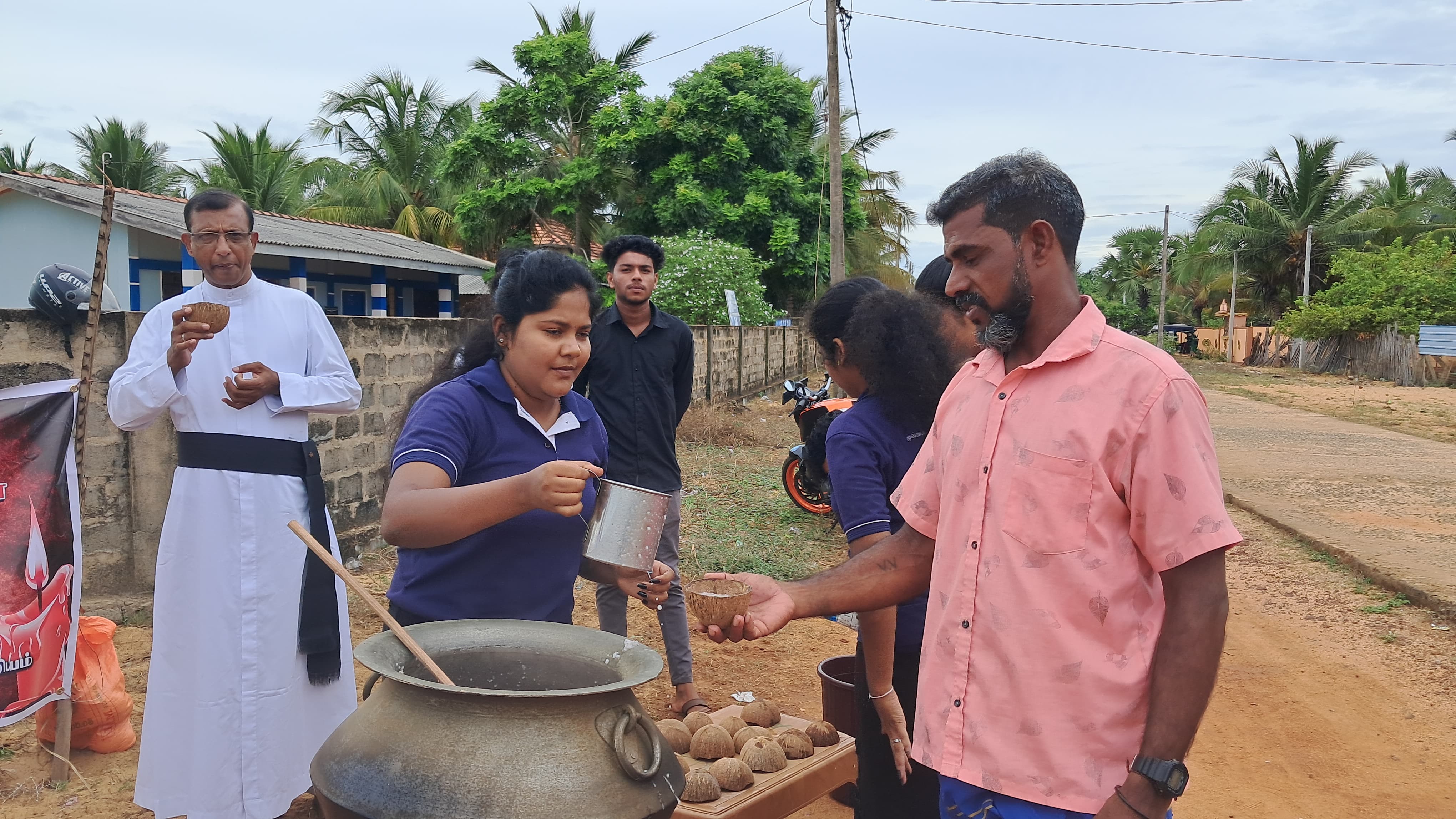
.jpg)
